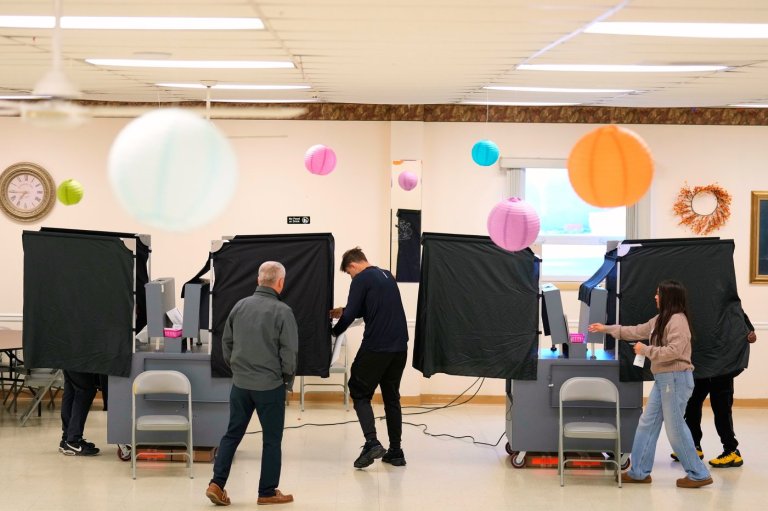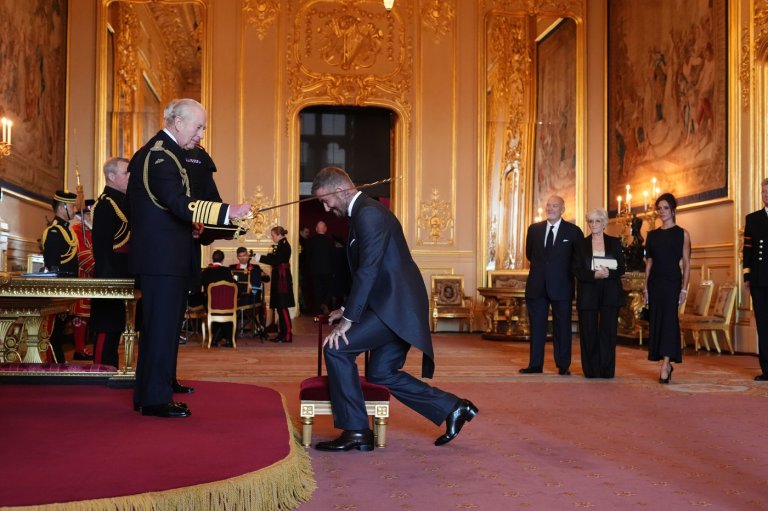Judge rejects request to delay Boston police bodycam program
BOSTON – A Massachusetts judge on Friday rejected a request by Boston’s largest police union to delay the start of a body camera program and criticized the union for its “lacklustre” efforts to recruit volunteers from its ranks to wear the cameras.
The ruling paves the way for 100 officers to begin wearing the cameras next week in a six-month pilot program.
After months of negotiations, the Boston Police Patrolmen’s Association reached an agreement with the city for 100 officers to wear the cameras. The agreement called for officers to volunteer, but no one did, prompting Police Commissioner William Evans to order a cross-section of officers from around the city to wear them.
The union then took the city to court, arguing that Evans had violated the agreement.
Superior Court Judge Douglas Wilkins held a two-day hearing this week on the union’s request for an injunction to delay the start of the program so they could negotiate a new agreement with the city. Evans testified that he ordered officers to wear the cameras after not a single officer volunteered. Union President Patrick Rose acknowledged that he discouraged officers from volunteering before the union had reached an agreement with the city, but he insisted that once both sides agreed to the terms of the program, he encouraged officers to volunteer.
In his ruling, Wilkins said it appears the union did not fully co-operate with the city to find volunteers. He wrote that it would be unfair to rescind Evans’ order for officers to wear cameras “when the union’s alleged injury is, in significant part, self-inflicted.”
“Had the Union mobilized even a small part of its membership, the Pilot Program would have proceeded as a voluntary program,” Wilkins wrote.
Rose did not immediately return a call seeking comment. In a statement, he said the union supports the body camera program even though it went to court to seek an injunction to delay it so the two sides could go before an arbitrator.
“The BPPA is still committed to working with the City and the Department to make sure the citizens of Boston get a body-worn camera pilot program that does what it is supposed to do, while respecting the rights of citizens and police officers alike,” he said.
A police spokesman said the 100 officers will begin wearing cameras Monday.
Civil rights activists around the country have called for body-worn cameras since the 2014 fatal police shooting of Michael Brown in Ferguson, Missouri, and a succession of police shootings of unarmed black men in other places.
Matthew Segal, legal director of the American Civil Liberties Union of Massachusetts, called the start of the camera program in Boston “a huge step for police accountability and for civil rights.” He said that while activists have hailed cameras as a tool to hold police accountable for brutality or other misconduct, they can also be used to clear police of any wrongdoing and show poor behaviour by civilians.
“What we have seen around the country is that these body cameras — when done right — can protect both sides of the badge,” Segal said.
Evans said he was pleased the camera program can begin.
“I remain committed to working with the BPPA and their members to ensure a smooth implementation of the program,” Evans said in a statement. “It is my honour to serve as commissioner of one of the best police departments in the country and I commend the work being done every day by my officers.”
Join the Conversation!
Want to share your thoughts, add context, or connect with others in your community?
You must be logged in to post a comment.
















